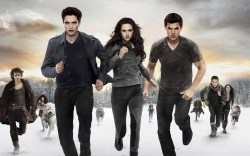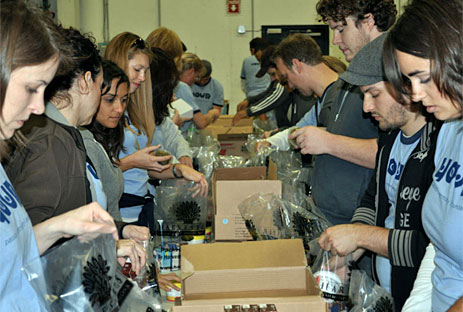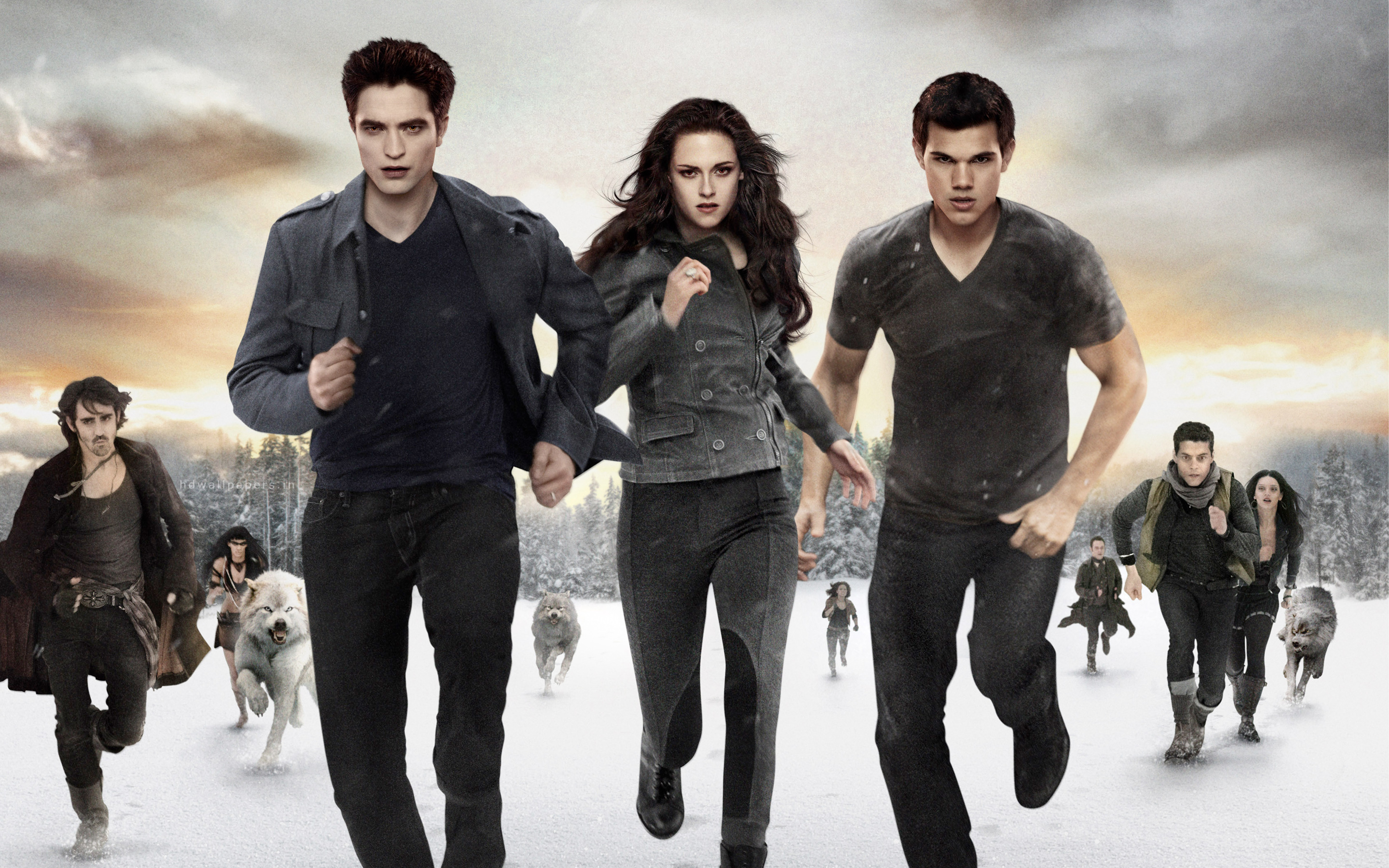
Summit EntertainmentYou thought it was just a terrible teenage vampire franchise. But no, it’s seriously messing with our minds.
“Ecological unconscious” might sound like some psychology mumbo jumbo, but hear me out on this — it’s actually a fascinating concept. The idea is that we all understand nature and the environment in a certain way — in a way that we might never define explicitly, but that nonetheless affects the way we interact with the world. Whether we know it or not, our ecological unconscious is always there, hanging out in the background. It’s sort of like the environmental landscape in your brain, or your internal map of global ecology.
So how is our ecological unconscious formed? Sure, it comes from obvious channels, like our parents, the culture we grew up in, and the wilderness we explored as kids. But, says literary ecocritic George Handley, it also comes from the stories we read, even when those stories aren’t explicitly nature- or environment-oriented. Stories from children’s books, say, or The Lord of the Rings, or the literature you read (wait, Cliffs-Noted, let’s be real) for high school English class.
“If you really want to know what’s influencing people’s environmental imagination, I would wager that it’s popular literature and sacred literature,” says Handley. And yes, please take a deep, calming breath my friends, because Twilight is definitely in the realm of popular literature. But sacred literature influences people’s ecological unconscious too. And for Handley, a Mormon and a professor of interdisciplinary humanities at Brigham Young University, the intersection of faith and ecological unconscious is of special interest.
I know what you’re thinking: The only thing scarier than the ecological unconscious of a teenaged Twilight fanatic is that of a Utahn. The state is deeply, deeply conservative and Republican, which we automatically assume means anti-environmental. But Handley believes that the Mormon faith, when carefully and thoughtfully examined, actually fosters a pro-environmental ethic. In fact, he personally feels “a Christian obligation to listen very carefully to science,” including on the topic of climate change.
Handley, who recently published a memoir called Home Waters, helped my co-producer Michael Osborne and me dissect some of the roots of climate change denial in the Mormon community, which he believes stem primarily from politics rather than religion. “There are a lot of people of the LDS faith and certainly a lot of people in Utah of other faiths who are fighting very hard for something to be done about climate change, and are doing so precisely because they’re people of faith, not despite the fact that they’re religious,” he says.
Listen in to our conversation covering everything you’re not supposed to talk about at the dinner table: religion, politics, and yes, even Twilight.
This interview is part of the Generation Anthropocene project, in which Stanford students partake in an inter-generational dialogue with scholars about living in an age when humans have become a major force shaping our world.



